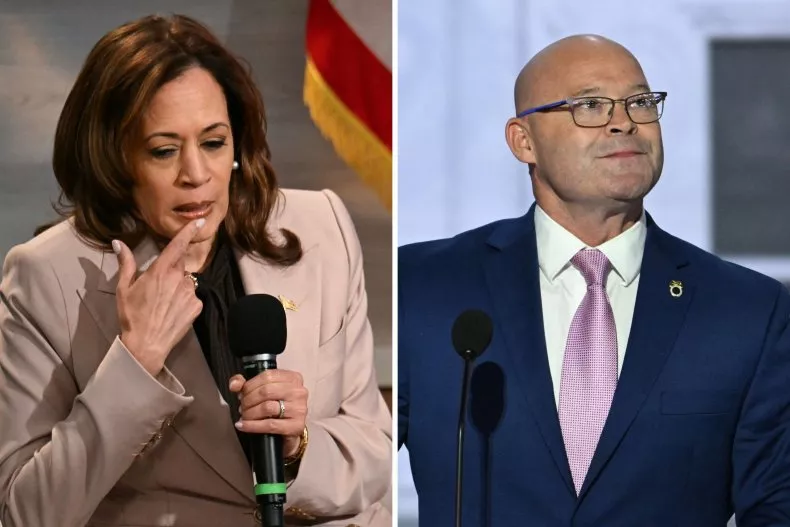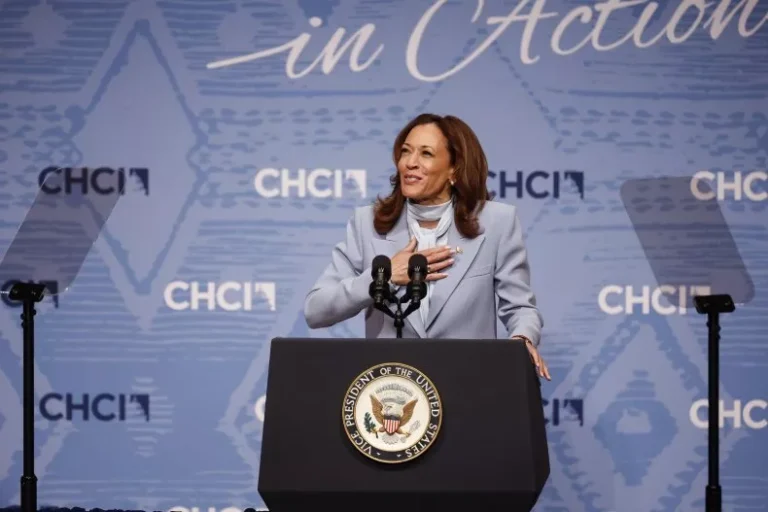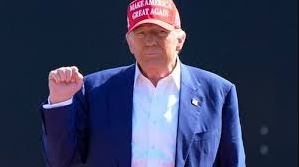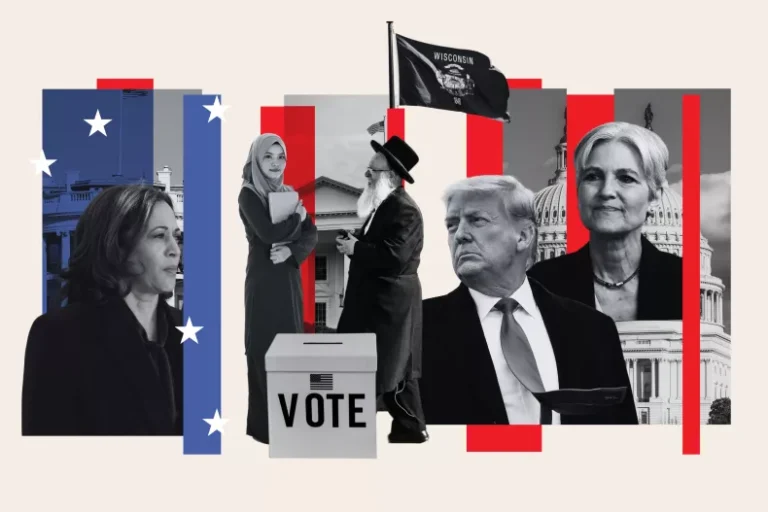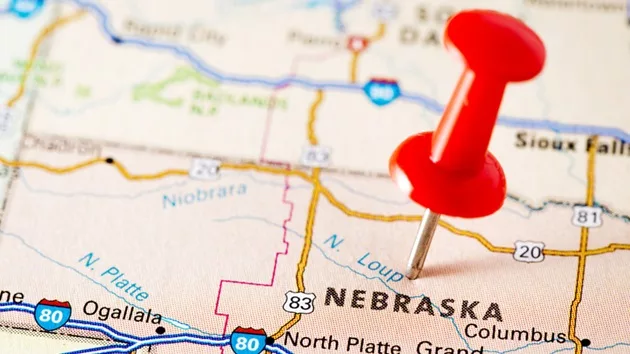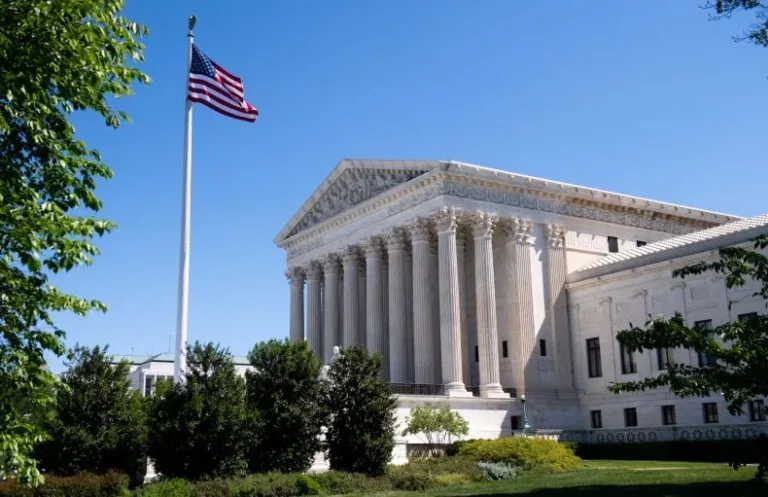“Teamsters Reject Harris Endorsement Despite Biden’s Pension Fund Bailout”
Sean O’Brien, head of the International Brotherhood of Teamsters, made headlines as he became the first union leader to speak at the Republican National Convention in July. He remarked, “The Teamsters are doing something correct if the extremes in both parties think I shouldn’t be on this stage.”
On Wednesday, the union, representing 1.3 million members, announced it would not endorse any presidential candidate for the 2024 election. Internal polling indicated a divided membership, with around 60% favoring former President Donald Trump and 34% backing Vice President Kamala Harris. This decision marks a significant departure for a union that has traditionally supported Democratic candidates, including Hillary Clinton in 2016 and Joe Biden in 2020.
Despite not explicitly endorsing Trump, the lack of an endorsement was interpreted as a victory by the former president, who said, “It’s a great honor. They’re not going to endorse the Democrats. That’s a big deal.”
The Teamsters’ decision highlights a growing divide within the labor union regarding political identity, even as members have benefited from the Biden administration’s policies. President Biden’s $1.9 trillion stimulus package included $86 billion for multiemployer pension plans, directly aiding about 350,000 Teamsters members. Additionally, Biden became the first sitting president to walk a picket line when he joined UAW autoworkers in Michigan last year, demonstrating his support for labor.
In contrast, Trump has made headlines for remarks supporting the firing of employees threatening to strike, which violates federal labor law.
O’Brien acknowledged Biden as “the most pro-union president” and expressed appreciation for his efforts, but emphasized that the union’s decision should serve as a “wake-up call” for the Democrats. He stated, “I am a Democrat. But we need to hold them accountable. This is an opportunity for both parties to take a hard look and for the Democrats to say something’s wrong.”
The Teamsters’ neutrality comes at a time when the Biden administration should be experiencing economic highs. The Federal Reserve has cut interest rates, economic growth remains strong, and unemployment is low. However, many union members still feel economic strain, with wages not keeping pace with inflation, as noted by Professor Todd Belt from George Washington University.
Harris faces challenges in distancing herself from “Bidenomics,” which may explain the disconnect between union leadership and rank-and-file members. Unlike Biden, Harris lacks a longstanding relationship with labor, which could hinder her appeal in key states like Pennsylvania.
The Teamsters’ decision suggests a potential realignment within their membership, where issues such as gun control, abortion, and border security may take precedence over Trump’s antagonistic stance toward organized labor. Trump’s messaging on trade and immigration is resonating with many working-class voters, potentially pulling white working-class union members away from the Democrats.
Experts view the decision as politically motivated, especially with O’Brien facing backlash for speaking at the RNC. If the Teamsters leadership disregards member sentiment, they risk losing their positions, as noted by Art Wheaton from Cornell University.
The union’s neutrality could be significant in swing states like Michigan and Pennsylvania, where union votes may influence the election outcome. While the national union remains noncommittal, local chapters in battleground states, such as Michigan, Nevada, and Wisconsin, have already pledged support for Harris. Additionally, the Teamsters National Black Caucus has publicly backed the vice president.
Other unions are also hesitant to endorse a presidential candidate. The United Electrical, Radio & Machine Workers of America (UE) endorsed Harris but criticized the Democratic leadership’s handling of Biden’s potential replacement, calling it “thoroughly undemocratic.”
